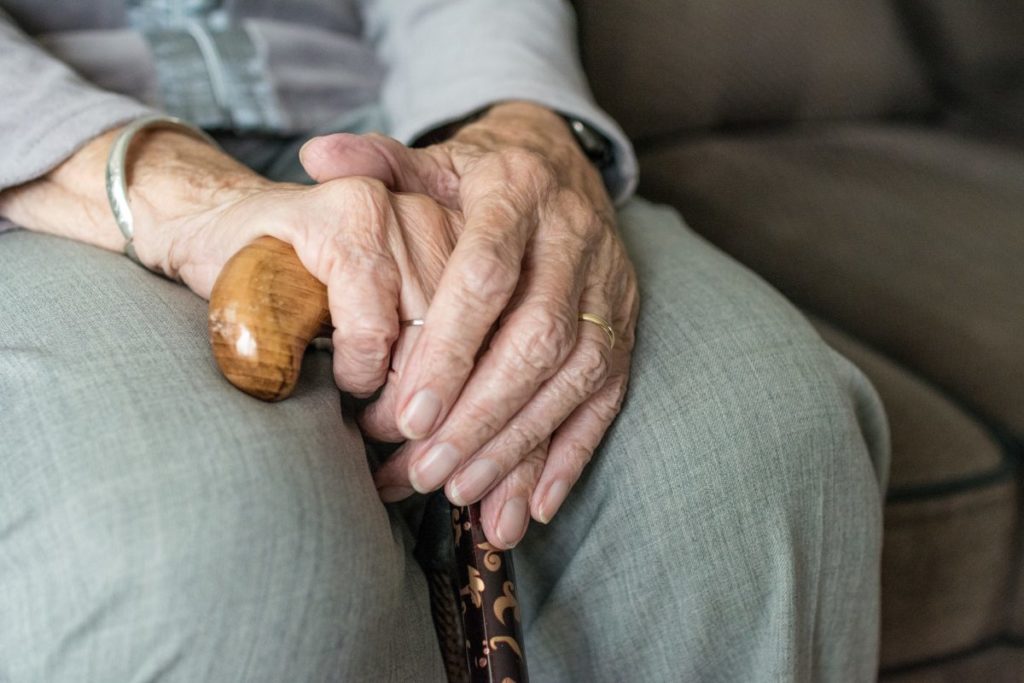Physical abuse is the most identifiable form of elder abuse in New York. Most seniors are physically frail; physical harm can have lasting and, in some cases, grave consequences. Physical abuse is any form of violence that results in bodily injury. Perpetrators can be staff members or fellow residents. Types of physical abuse include hitting, punching, kicking, pushing, shoving, scratching, or slapping. When a nursing home resident is restrained to prevent self-harm, the misuse of restraints is physical abuse. This includes leaving a senior restrained for a long time or using restraints for discipline. Elders who are disabled, suffer from cognitive problems, or are isolated from friends and family are more likely to be physically abused.
If you suspect your loved one has been physically abused, be sure to check for:
- Bruises, welts, or scars, especially around the upper arm, wrists and ankles.
- Sprains.
- Hair loss.
- Tooth loss.
- Dislocated joints.
- Broken or fractured bones.
- Burns from cigarettes or appliances.
- A pattern of hospitalization for similar injuries.
- Delayed medical care for an injury.
- Poorly explained or unexplained injuries.
- Withdrawal from social activities.
- Discomfort towards a particular caregiver or resident.
Unfortunately, we are not as physically resilient as we age, and even one episode of physical abuse of a senior can affect their physical and mental health for a long time. If you suspect physical abuse of a loved one, immediately file a report with local authorities and contact an experienced New York nursing home abuse lawyer.

